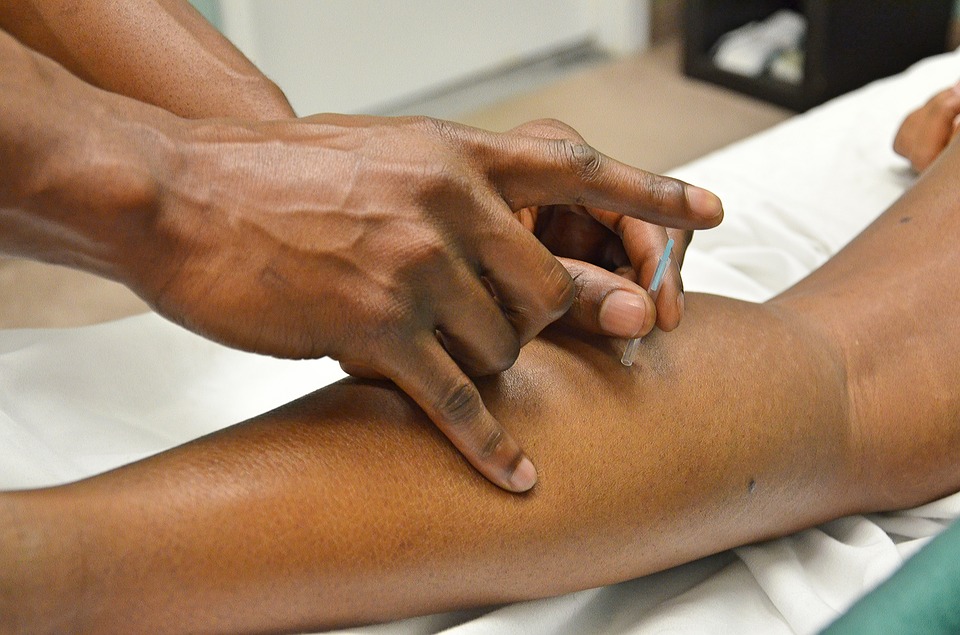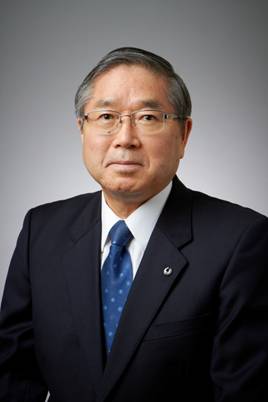
As William Faulkner wrote in Requiem for a Nun, “The past is never dead. It’s not even past.” Farzad Kiani learned that lesson the hard way.
Kiani, of Istanbul Sabahattin Zaim University, was the “author” of a 2018 review article in Wireless Communications and Mobile Computing titled “A survey on management frameworks and open challenges in IoT.” According to the abstract: Continue reading Caught stealing a manuscript, author blames a dead colleague






 Retraction Watch readers may recall the name Erin Potts-Kant. We’ve been reporting on retractions by Potts-Kant, a former lab tech at Duke,
Retraction Watch readers may recall the name Erin Potts-Kant. We’ve been reporting on retractions by Potts-Kant, a former lab tech at Duke, 
 A group of researchers at Harbin Medical University in China has had a third paper retracted, making for a
A group of researchers at Harbin Medical University in China has had a third paper retracted, making for a